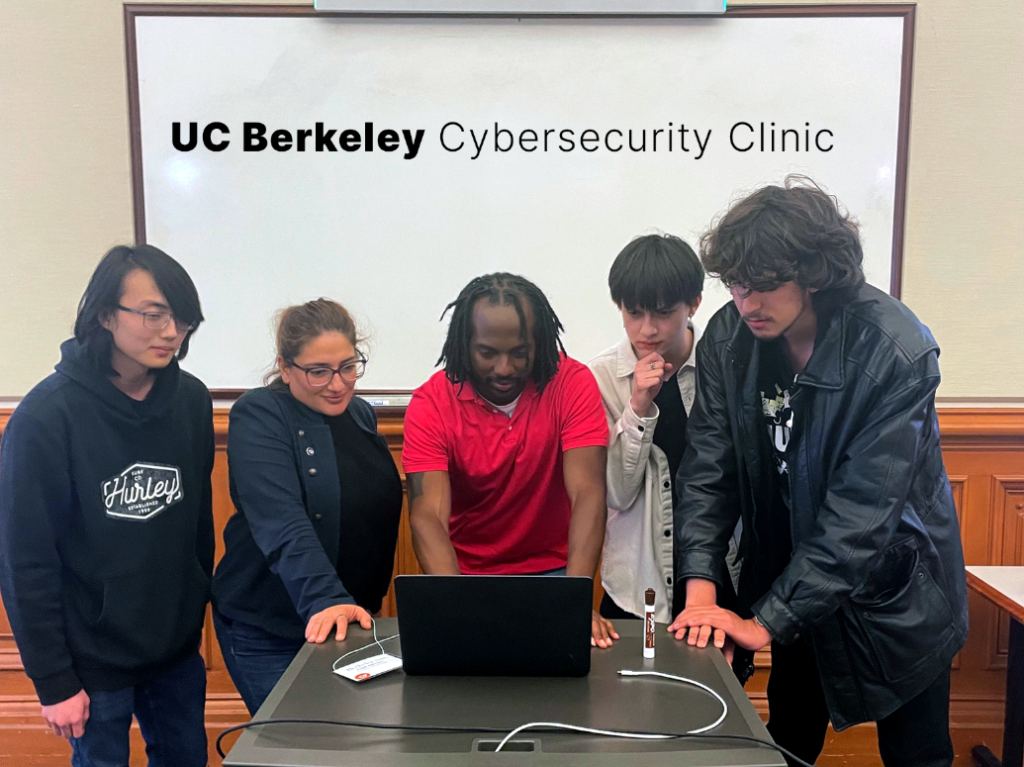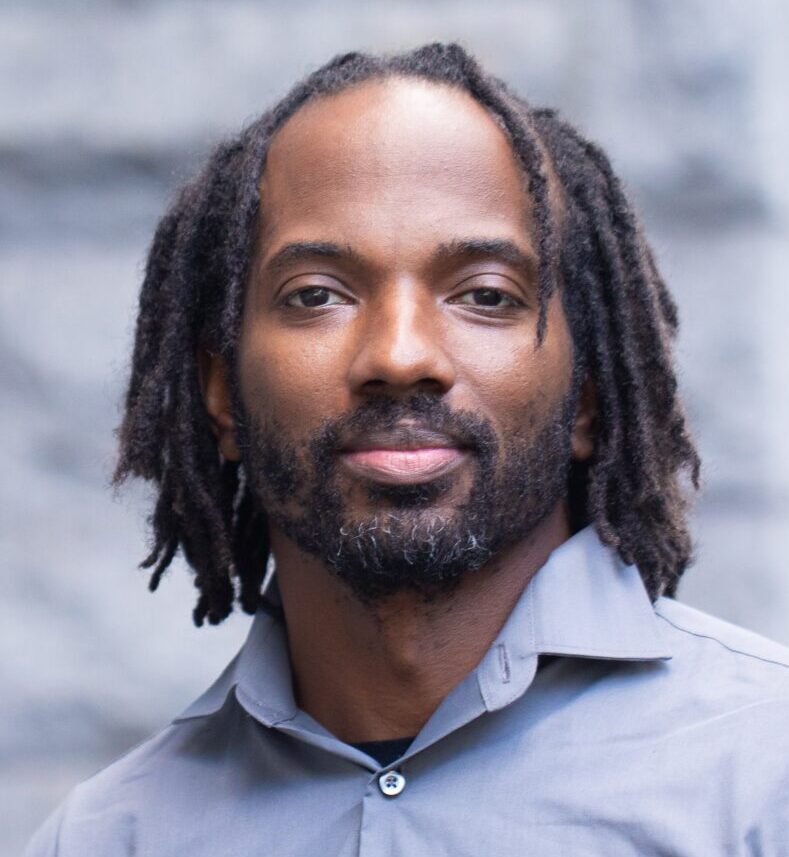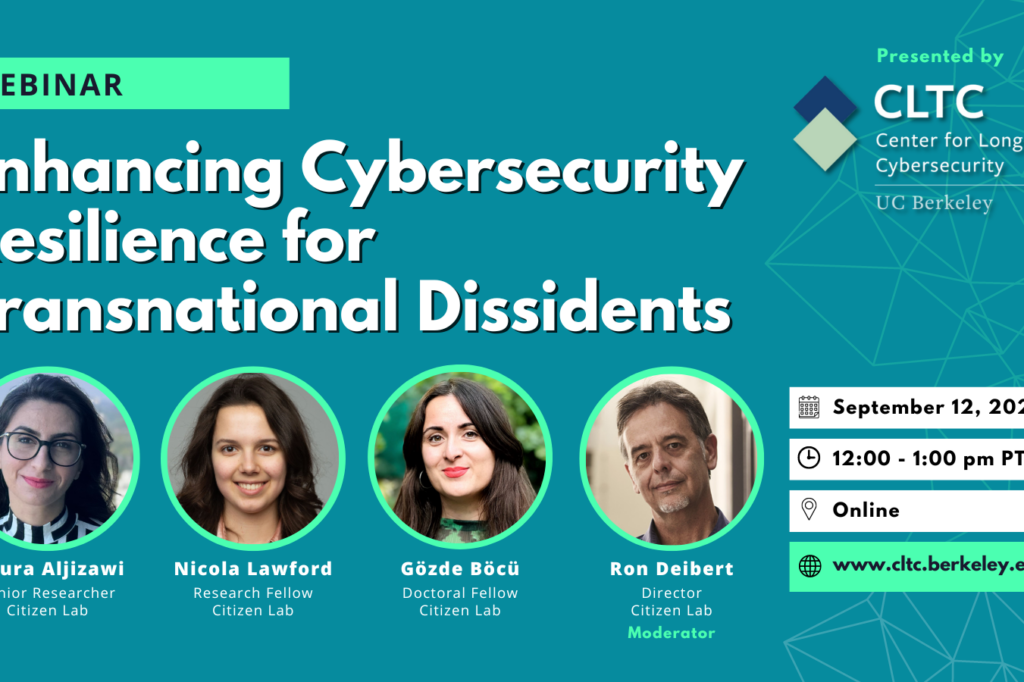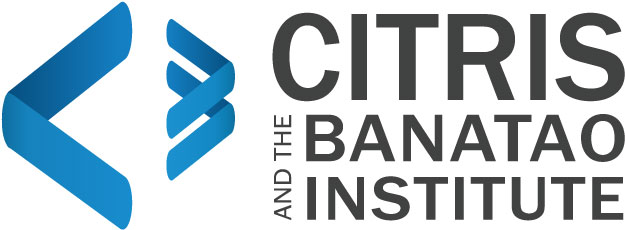
Fall 2024 marks the seventh year of the newly renamed UC Berkeley Cybersecurity Clinic, a trailblazing model for cybersecurity education and services that was pioneered at UC Berkeley in 2018 — and has since expanded worldwide.
Similar to clinics in law and medicine, the UC Berkeley Cybersecurity Clinic trains teams of students to provide pro bono cybersecurity services to non-profit organizations that have limited resources to defend themselves against cyber adversaries, including ransomware attackers, malicious governments, hate groups, and extremists.

Formerly known as Citizen Clinic — a tribute to the Citizen Lab, a digital security research center at the University of Toronto — the UC Berkeley Cybersecurity Clinic has adopted a new name as it enters an exciting new era. Under the leadership of a new director, Elijah Baucom, the program is poised to train a record number of students this year, while reconnecting with nearly 200 alumni and expanding beyond the 25 U.S. and international non-profit clients served to date.
“While the Citizen Clinic name has served us well, we believe that the new name is more inclusive and easier to understand for all members of our community,” Elijah said. “It signals a new chapter for us as the movement for public-interest cybersecurity — a field we’ve helped shape — continues to expand across the nation and world.”
The UC Berkeley Cybersecurity Clinic provides hands-on experiential learning opportunities to students across the campus, including many who have not previously had exposure to cybersecurity. The clinic’s student teams deliver a range of privacy and digital security services, helping clients conduct risk assessments, establish protocols, train employees, and improve their cyber hygiene by adopting password managers, multi-factor authentication, and virtual private networks (VPNs).
The program’s past and present clients represent a broad sector of under-resourced nonprofits that are frequently targeted for politically motivated cyber attacks, including reproductive rights groups, LGBTQ+ organizations, providers of services for human trafficking survivors, and U.S.-based migrant and refugee aid organizations.
This semester, the program will enroll a record 34 students in two classes taught in the UC Berkeley School of Information — twice as many as participated during the Spring 2024 semester. One class will be taught in-person by Elijah, while an online class will be taught by Leena Singal, an alumna of the I School (and Citizen Clinic) who is now a senior product manager for security at Amazon. Many former clinic students have gone on to careers in cybersecurity, an area for which there are currently over 600,000 open jobs in the U.S. alone.
“The clinic gives students real-world experience in a field that traditionally has been open to a very narrow segment of society,” Elijah says. “UC Berkeley’s clinic is challenging that convention and opening opportunities to students of varied backgrounds and orientations to contribute to the cybersecurity field.”

Ninel Melkonyan, a second-year masters student at the Goldman School of Public Policy, joined the clinic in Spring 2024 and interned with the program over the summer, calling her experience “truly life transforming.”
“I didn’t have any tech background, but I was interested in tech policy,” Ninel said. “Coming from a marginalized background, choosing to enter the cybersecurity field was a bold step for me…. My team worked with a human rights NGO to develop an Acceptable Use Policy (AUP), and we came up with a training for employees that addressed cybersecurity basics and hygiene.”
Ninel encourages students to consider enrolling in the clinic course even if they have never imagined themselves working in cybersecurity. “Often, people like me — with non-technical backgrounds — do not see themselves in fields like tech or cybersecurity, yet I managed to be in this space with my multiple identities, such as being a student parent, returning student, immigrant, first-generation student, and a caregiver,” Ninel said. “I’ve proven to myself that it’s possible to succeed despite these many barriers, and I hope this will be an example for other students in peripheries. I’m grateful for the experience I gained at the UC Berkeley Cybersecurity Clinic, which has been instrumental in my journey.”
This year, the UC Berkeley Cybersecurity Clinic will continue to work with a cohort of partner organizations, including an expanded roster of reproductive rights organizations and others, Elijah says. “We are also going to continue building out both the national and global reach of the clinic, which to date has served organizations on five continents, including working with a number of groups that focus on gender-based violence.”
Other aspirations for the clinic in 2024-25 include conducting a survey to strengthen connections with the program’s alumni, and building bridges to other clinics across the UC Berkeley campus, including the Human Rights Clinic and the Samuelson Law Technology Public Policy Clinic, among others. “There is a lot of overlap in our missions, so we are going to collaborate and see how we can help each other,” Elijah says.
The UC Berkeley Cybersecurity Clinic will also continue to collaborate with leaders from other cybersecurity clinics through the Consortium of Cybersecurity Clinics, which UC Berkeley helped to found in 2021. “We’re proud that the cybersecurity clinic model has grown from a handful of clinics to more than 33 clinics — in 23 states and the District of Columbia — in only three years,” said Ann Cleaveland, Executive Director of the Center for Long-Term Cybersecurity and co-chair of the Consortium.
“All of the clinics provide assistance to critical organizations in our communities like non-profits, small cities, rural hospitals, and K-12 schools,” Cleveland adds. “UC Berkeley has been at the forefront of helping nonprofits build cyber defense skills in a constantly evolving landscape of threats — and the Consortium’s vision is to extend the cybersecurity clinic model to every U.S. state by 2030.”
Learn more — or sign-up for the Cybersecurity Clinic course — on the School of Information website.
Watch a video about cybersecurity clinics below.




